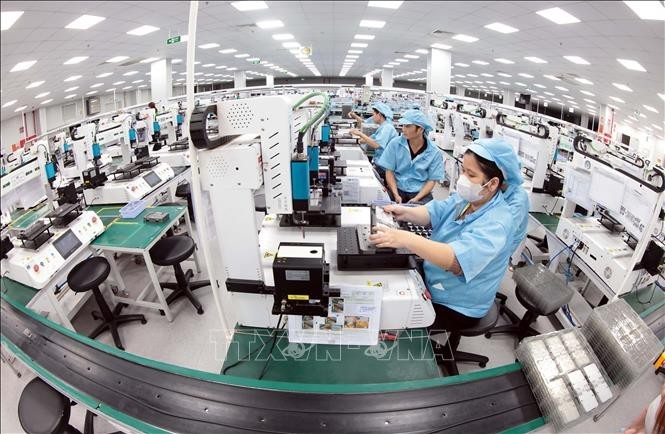Washington-New Delhi Strategic Partnership Continues To Grow: US Envoy Says ‘If You Want To See The Future, Come To India’
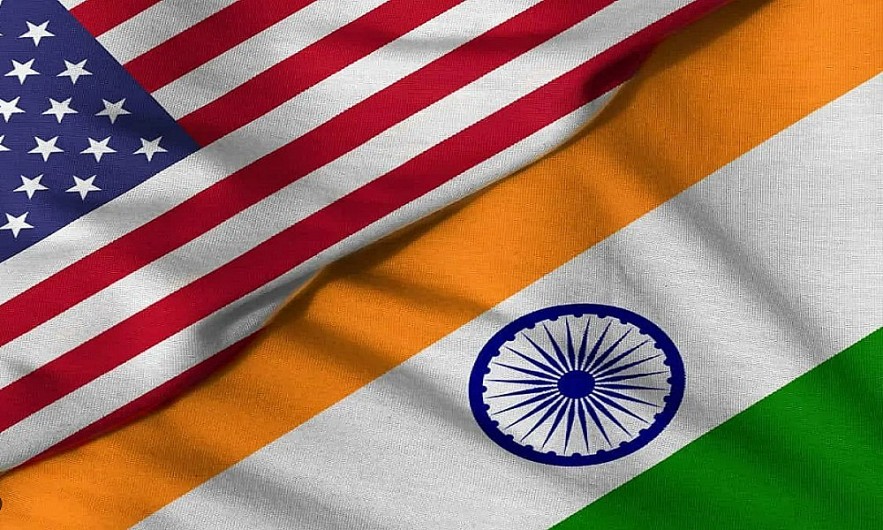 |
The envoy also acknowledged that it was a “great privilege” for him to be the leader of the US mission in India.
“If you want to see the future, come to India. If you want to feel the future, come to India. If you want to work in the future, come to India,” he said.
His statement comes after US National Security Advisor (NSA) Jake Sullivan said that the partnership between the US and India has reached new heights, underscoring the collaboration on technology and other fields.
“The partnership between the US and India, a country in BRICS (bloc), has gone to new heights with an engagement across technology and security and so many other dimensions,” said NSA Sullivan, adding that the US feels very good about where they are in terms of its role and standing in relationships across key regions in the world.
In the last two decades, the relationship between India and the United States has made major strides and evolved into a very broad-based cooperation.
During this period, defence and security cooperation between these two nations has been a key enabler in the development of a comprehensive global strategic partnership that encompasses a deepening multi-sectoral engagement.
A significant boost was provided by Indian Prime Minister Narendra Modi’s state visit to the US in June 2023, which raised expectations of more dynamism and robustness in the bilateral partnership.
The visit, which had a special focus on defence technology and industrial cooperation, was highlighted in the section on defence in the joint statement, appropriately titled ‘Powering a Next Generation Defence Partnership’.
The India-US defence and security cooperation can be broadly classified into three areas — cooperation in regional and global security and development affairs, enhanced and institutionalised engagement between the armed forces (exercises, information sharing, training, other exchanges and programmes), and cooperation in defence technology and industry.
Earlier, in May, 2022, US President Joe Biden and Indian PM Narendra Modi announced the US-India initiative on Critical and Emerging Technology (iCET) to elevate and expand strategic technology partnership and defense industrial cooperation between the governments, businesses, and academic institutions of our two countries.
According to a study by the Institute for Security and Development Policy (ISDP), a Stockholm-based non-profit and non-partisan research and policy organization, the resolve India and the US have made towards cooperation and collaboration to shape a future influenced by technology that is responsibly developed and deployed, will be crucial in times to come.
The ISDP added that the opportunities and risks associated with new technologies will largely determine the contours of an India-US partnership for global good.
According to the US-India Business Council (USIBC), an industry-driven collaborative effort between the US and India aims to catalyse deeper connectivity, broader integration and better access, and inclusivity in innovation ecosystems in both the countries.
The partnership between New Delhi and Washington is taking elevation in other sectors as well.
It is significant to note that the US Department of State spokesperson Matthew Miller declined to comment on Indian Defence Minister Rajnath Singh’s comment that India would enter Pakistan to terminate the terrorists who try to disturb peace in India or carry out terror activities.
The US refused to meddle in the India-Pakistan situation but urged both sides to avoid escalation and find a resolution through dialogue instead.
On the other hand, Washington backed India after China asserted that Arunachal Pradesh was part of its territory.
Commenting on the issue, Vedant Patel, the US Department of State Principal Deputy spokesperson, said that the US recognizes Arunachal Pradesh as Indian territory and strongly opposes any unilateral attempt to advance territorial claims by incursions or encroachments, military or civilian, across the Line of Actual Control (LAC), the notional demarcation line that separates Indian-controlled territory from Chinese-controlled territory.
Most read
Recommended
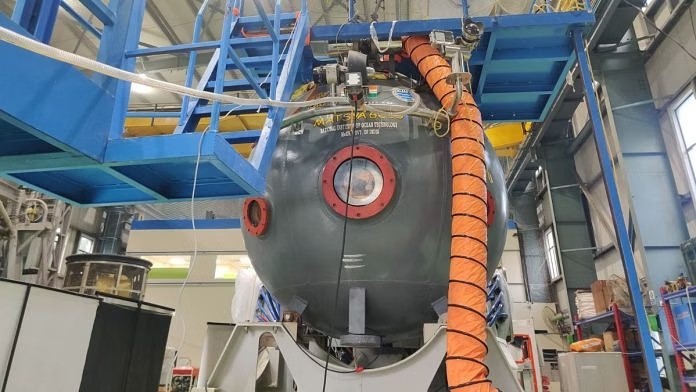 World
World
India’s first crewed deep-sea mission set for testing—‘We’re to oceans what ISRO is to space’
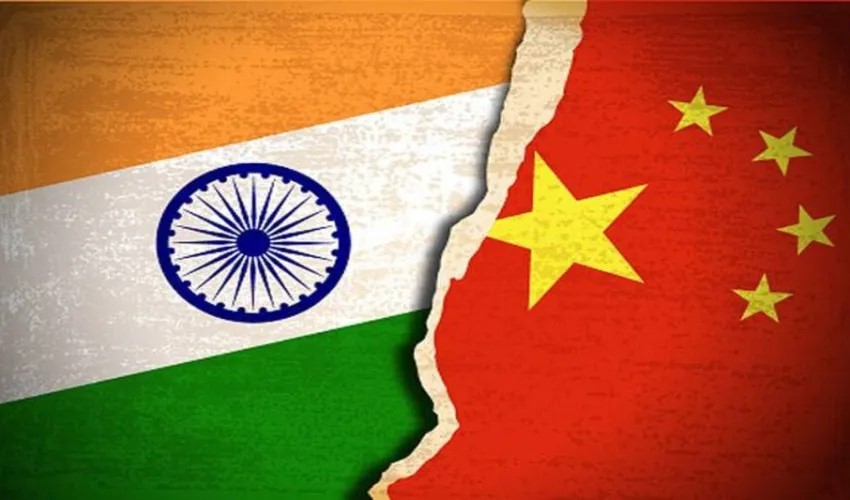 World
World
China Ready To Work With India, Says Beijing Ahead Of Ajit Doval-Wang Yi Meet
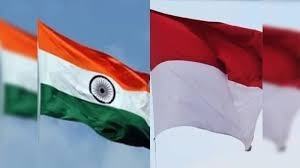 World
World
India, Indonesia strengthen maritime ties with top level engagements
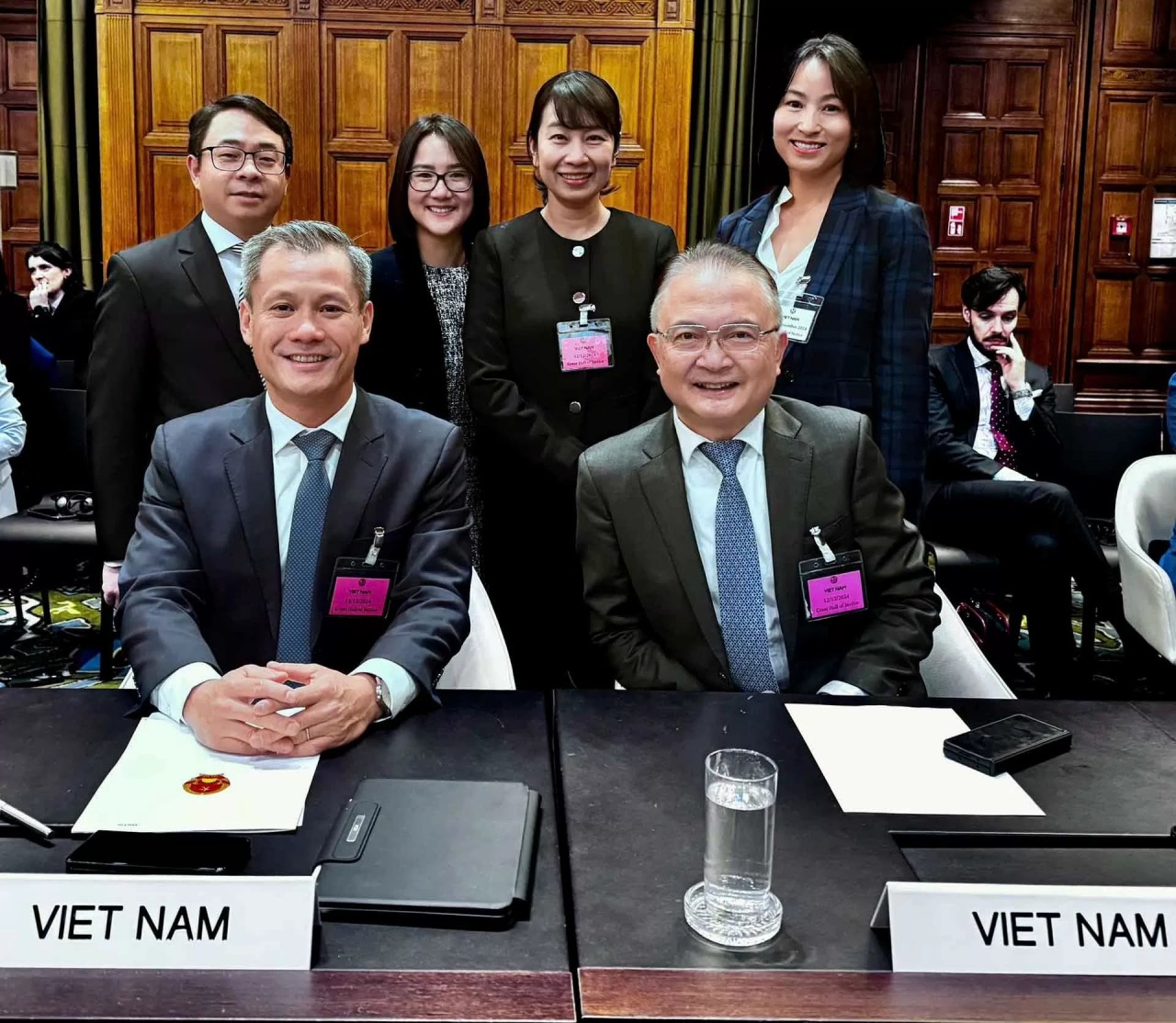 World
World
Vietnam Strengthens Role in ICJ Climate Advisory Process
Popular article
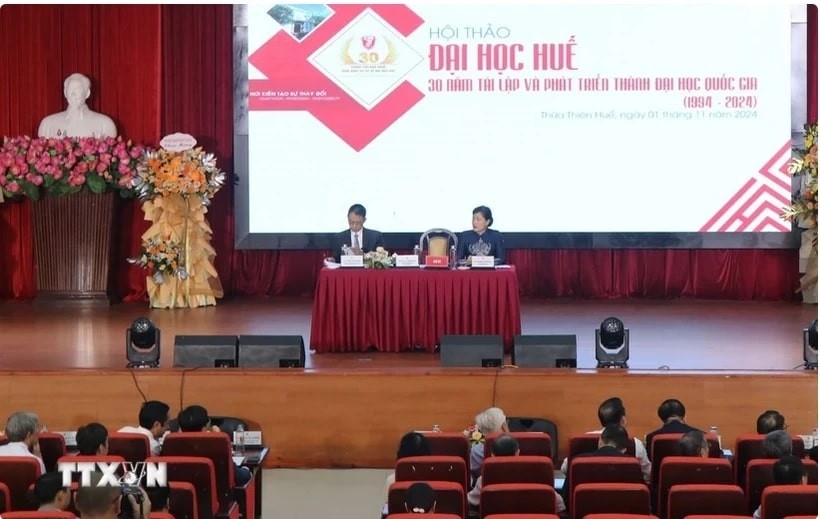 World
World
Vietnamese Institutions Rise In QS World University Sustainability Rankings
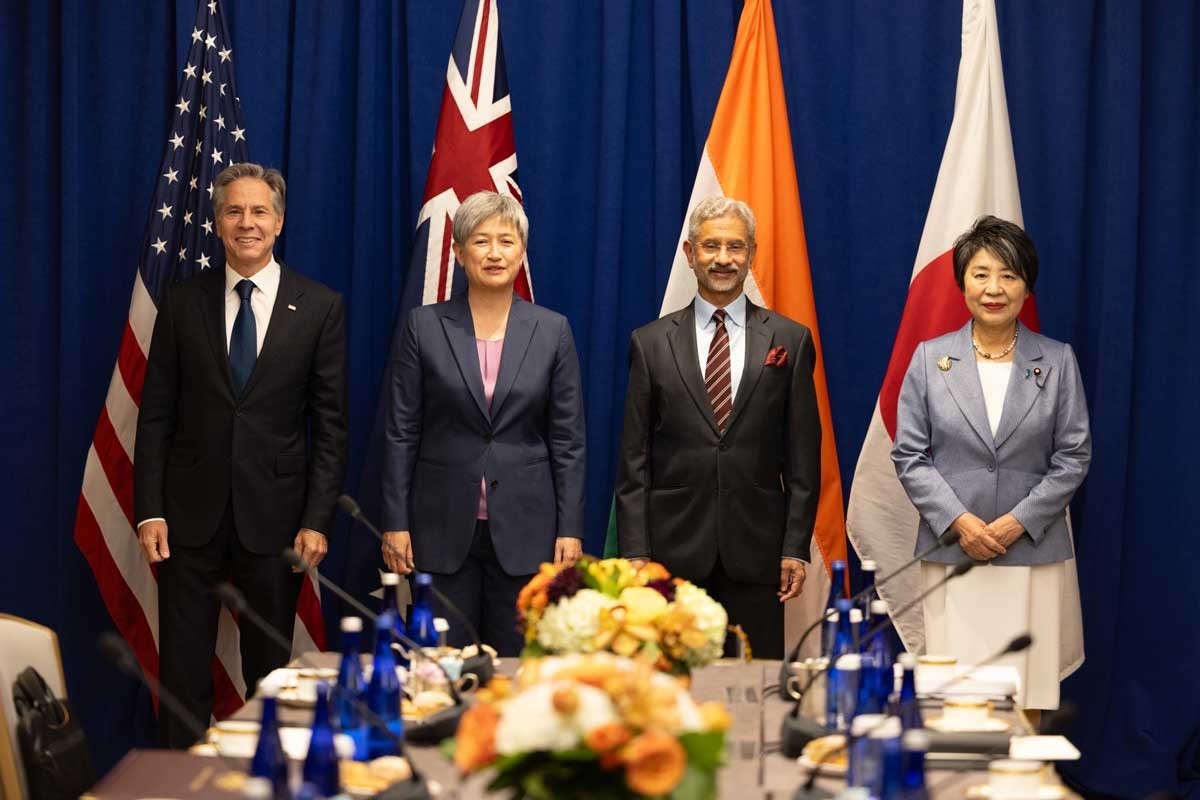 World
World
QUAD: Changes in the balances in the Indo-Pacific Ocean Bring changes to global balances
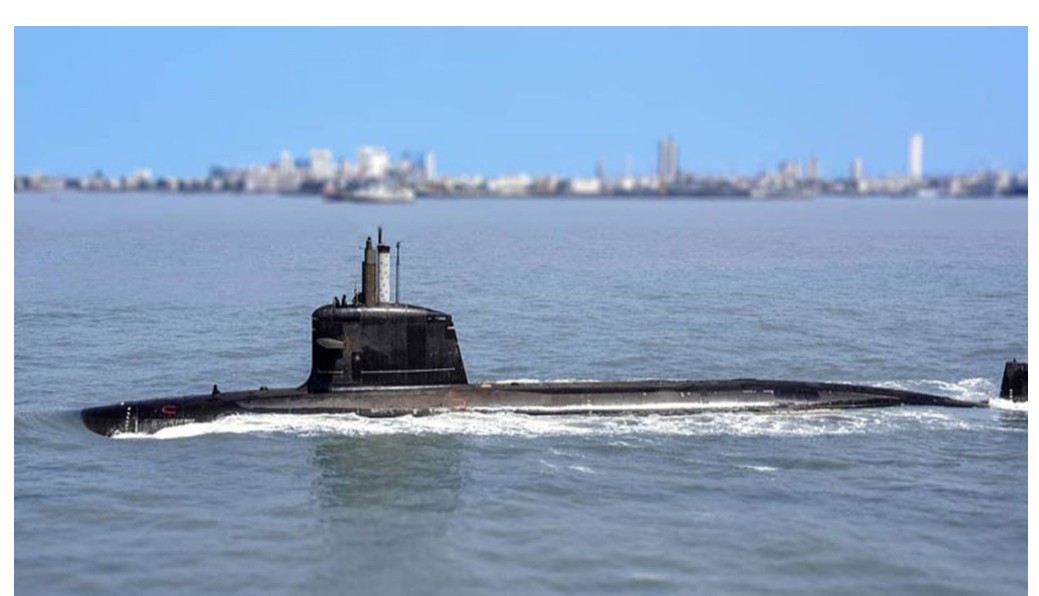 World
World
France offers tech to make India Navy's submarines almost invisible in Indian Ocean Region
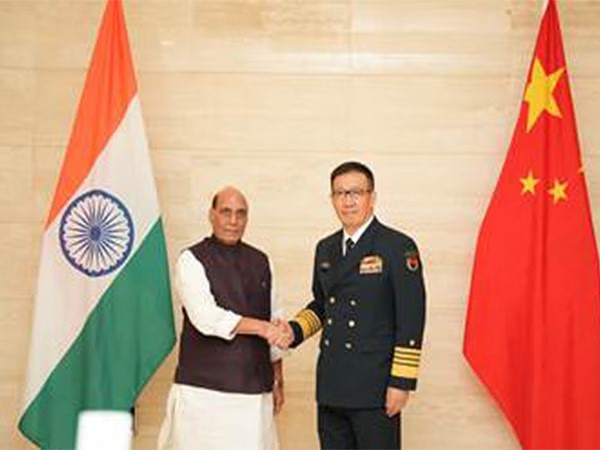 World
World






